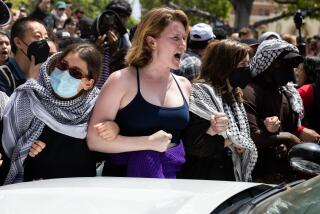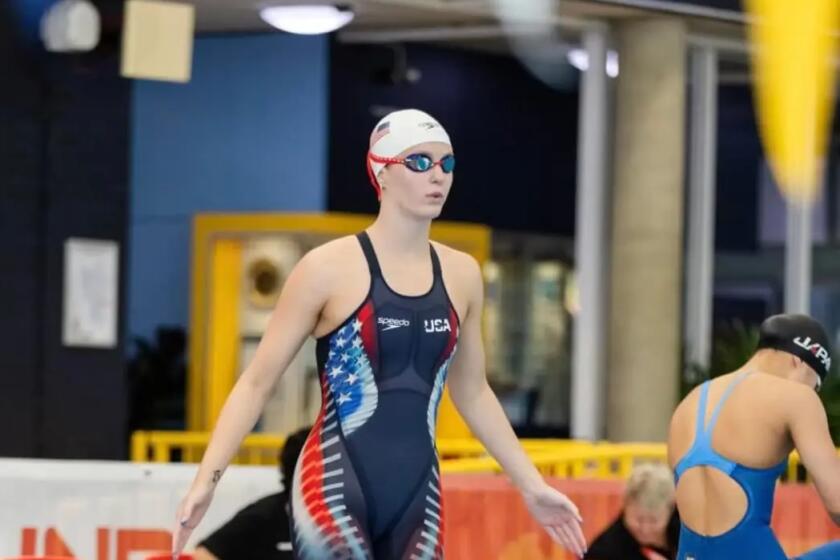UNDERSTANDING THE RIOTS / PART 3 : WITNESS TO RAGE : MAKING SENSE : ‘I felt sad and angry that we’d come to this.’
- Share via
Commentators pretend like this was such a big surprise. How could it possibly be a surprise to anybody that is paying attention to what is happen ing to humanity in this city?
I work in the criminal justice system as a defense attorney, I see who sits on the defense side of these cases. I see the color of the prosecutors. I see the color of the people on the bench, deciding what the punishment is going to be. And I see the color of the people who are sitting in the state Capitol and in our national Congress. They are not people of color.
On Thursday, John Len, the president of our bar association, and I got into his truck, and drove into Koreatown. We drove along 8th Street and then Olympic. You could feel the heat emanating from the burning buildings. We saw a young guy go running across in front the truck with an armload full of things like clothing, tapes, electronic devices and blankets. I saw elderly people taking food. I saw men carrying out boxes of diapers. I saw kids with their mom and grandmothers carrying away bags of food.
I was angry because I knew these people are going to get blamed. They are going to be used as the basis for creating a stronger, more dangerous and, I think, regressive law-and-order mentality in this country.
I felt a lot of pride when I saw those Korean merchants take up arms in their defense. I was also proud that Saturday, when 25,000 people showed up at Ardmore Park for the rally. I walked down Olympic and up Western in that march and, when I turned the corner off Olympic up Western, I could not see the end of people. It was incredible. There were whites there, blacks there and Latinos there, though the majority were Korean. It was overwhelming to see that.
But it would be dishonest for me to say that what has happened has not confirmed my belief that this country always has had too much racism, too much unnecessary pain, blight and neglect of the people.
I hear generalizations on both sides of the black-Korean equation being made all the time. It troubles me a lot because black people are not all one way and Korean-American people are not all another way. It is very dangerous to make generalizations about people.
I consider myself a Korean-American: That means, I am a woman who was born here of Korean decent. I have a very, very clear and strong appreciation of my ethnic heritage. Yet I identify very, very strongly with this country’s history.
What is happening right now is not Korean history, it is American history.
More to Read
Go beyond the scoreboard
Get the latest on L.A.'s teams in the daily Sports Report newsletter.
You may occasionally receive promotional content from the Los Angeles Times.










